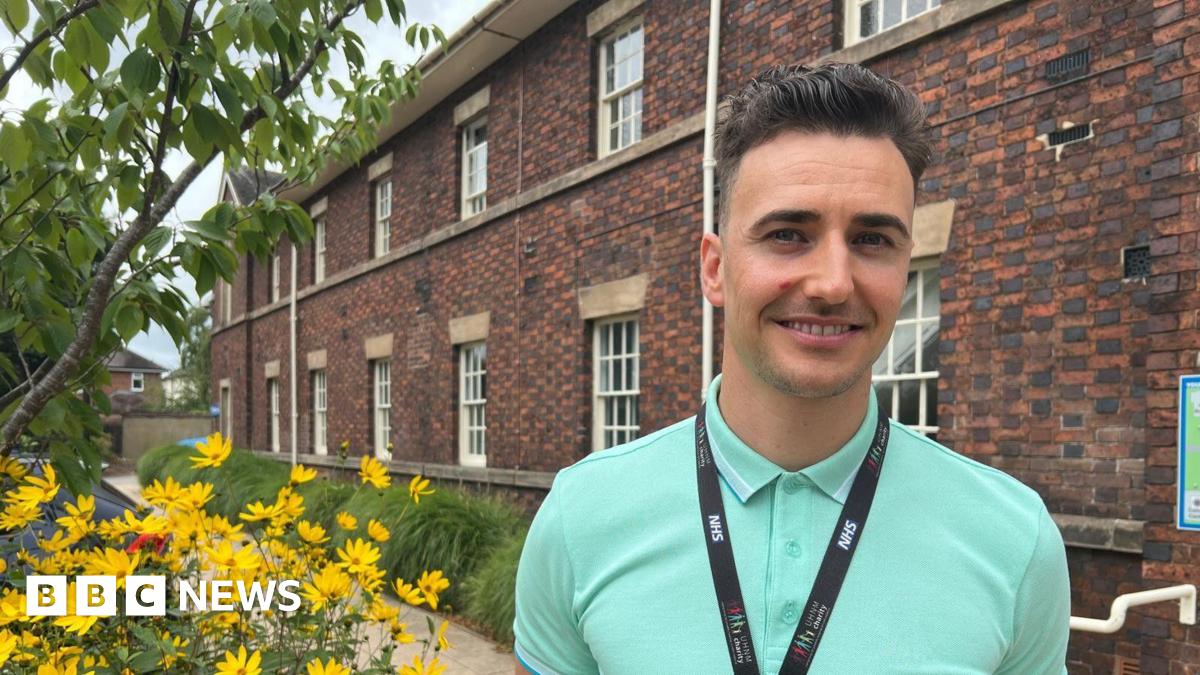Trump Administration's Medicaid Cuts Threaten Community Health Centers Across New England

The Trump administration's recent proposal to cut Medicaid funding is sending shockwaves through New England's network of federally qualified health centers (FQHCs). These vital community hubs, already operating on thin margins, face a potentially devastating loss of revenue, leaving vulnerable patients without essential healthcare services. This isn't just a financial issue; it's a public health crisis in the making.
What's at Stake? FQHCs play a crucial role in providing primary care, preventative services, and specialized care to underserved populations, including low-income families, the uninsured, and those living in rural areas. They are often the only access point to healthcare for many individuals, offering a lifeline for chronic disease management, maternal health services, and mental health support.
Medicaid represents a significant portion of FQHC funding. These proposed cuts, while framed as a cost-saving measure, fail to account for the ripple effect they'll have on communities. Reduced funding means fewer staff, shorter hours, and ultimately, fewer patients seen. The impact will be felt most acutely by those who rely on these centers the most.
The Financial Tightrope Walk: Many FQHCs in New England were already struggling to stay afloat before this latest blow. The rising costs of healthcare, coupled with limited reimbursement rates from both public and private insurers, have created a challenging financial landscape. These centers often operate with razor-thin margins, relying on grants, donations, and innovative service delivery models to keep their doors open.
“We're already stretched thin,” explains Dr. Emily Carter, CEO of a community health center in Maine. “These cuts would force us to make incredibly difficult choices – potentially laying off staff, reducing services, or even closing our doors entirely. That’s not an option when we know so many people depend on us.”
Beyond the Bottom Line: The Human Cost The consequences of these cuts extend far beyond financial statements. Fewer patients receiving preventative care will lead to increased emergency room visits and hospitalizations, ultimately driving up overall healthcare costs. Furthermore, the loss of access to essential healthcare services can exacerbate health disparities and negatively impact the well-being of entire communities.
A Call to Action: Healthcare advocates and community leaders are urging policymakers to reconsider these proposed cuts and to prioritize the health and well-being of vulnerable populations. They argue that investing in FQHCs is not just a compassionate act, but a smart economic strategy. Strong community health centers lead to healthier communities, reduced healthcare costs, and a more productive workforce.
The situation remains fluid, and the future of New England's FQHCs hangs in the balance. But one thing is clear: the proposed Medicaid cuts represent a serious threat to the health and well-being of countless individuals and communities across the region. It’s a challenge that demands immediate attention and a commitment to protecting these vital healthcare resources.






